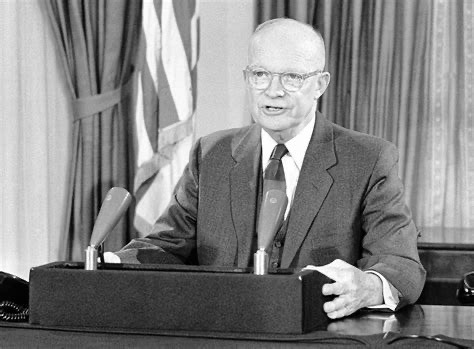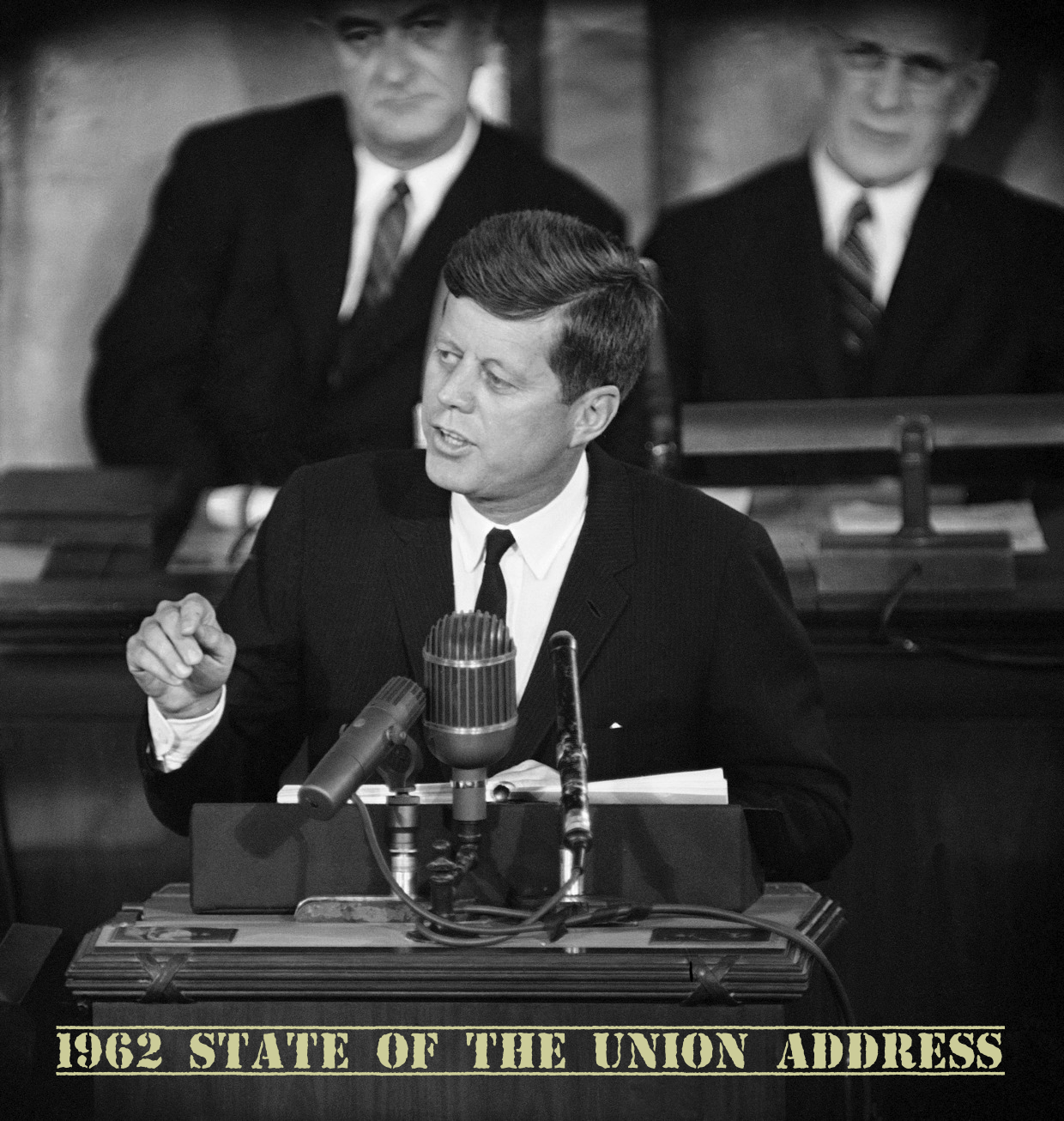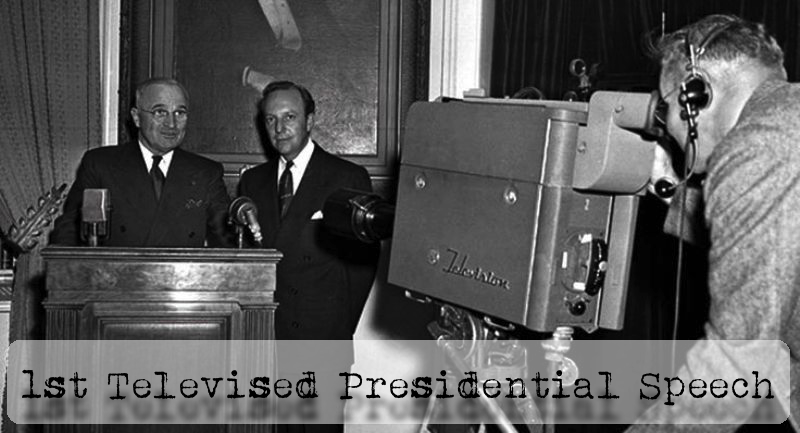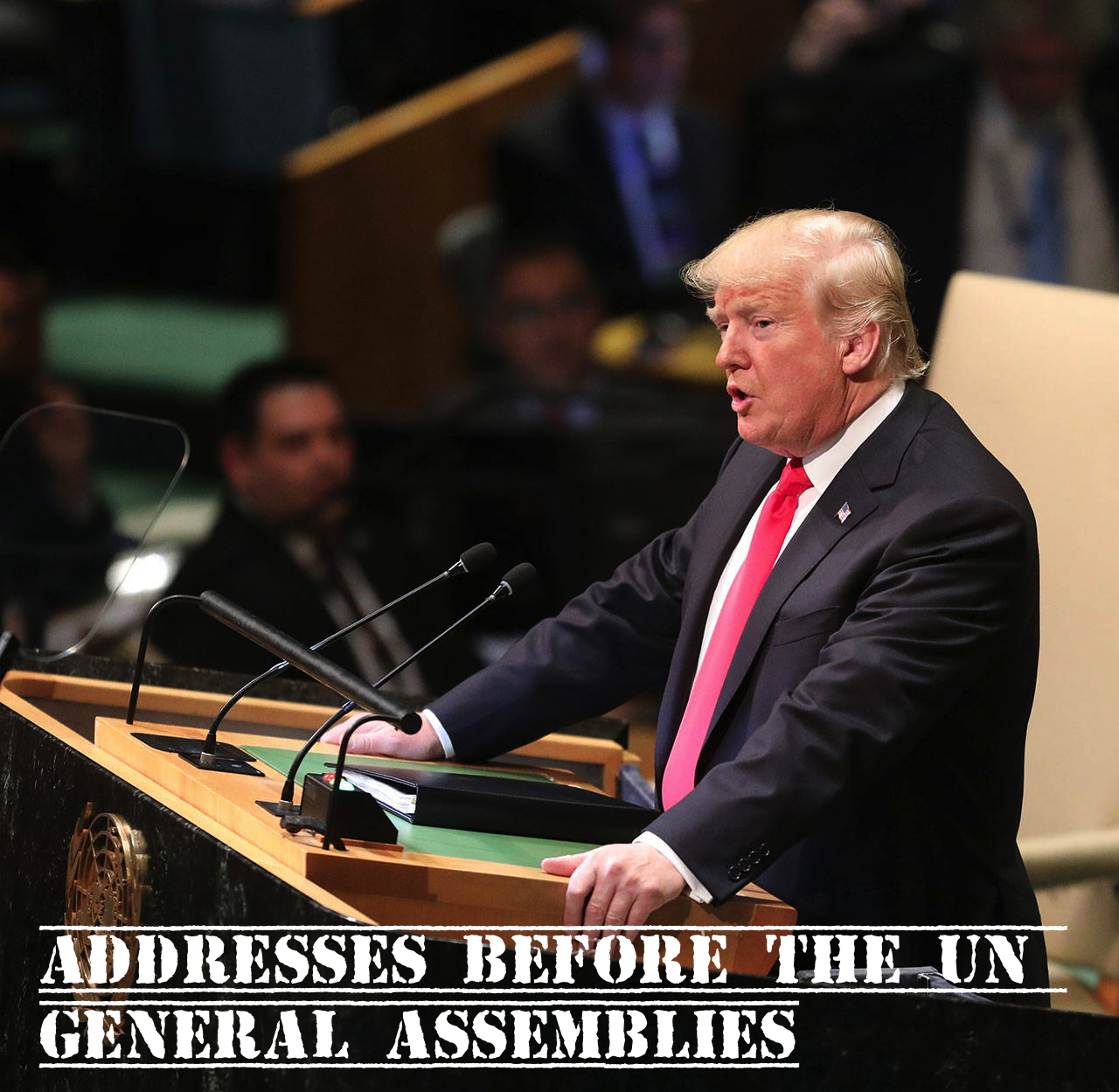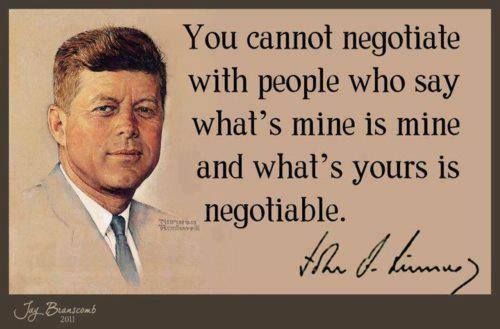Today in History: January 17, 1961 – Eisenhower Gives His Farewell Address
60 years ago today, President Dwight D. Eisenhower gave one of the most famous Farewell speeches in American history. Ike – like his predecessors Washington… Read More »Today in History: January 17, 1961 – Eisenhower Gives His Farewell Address
